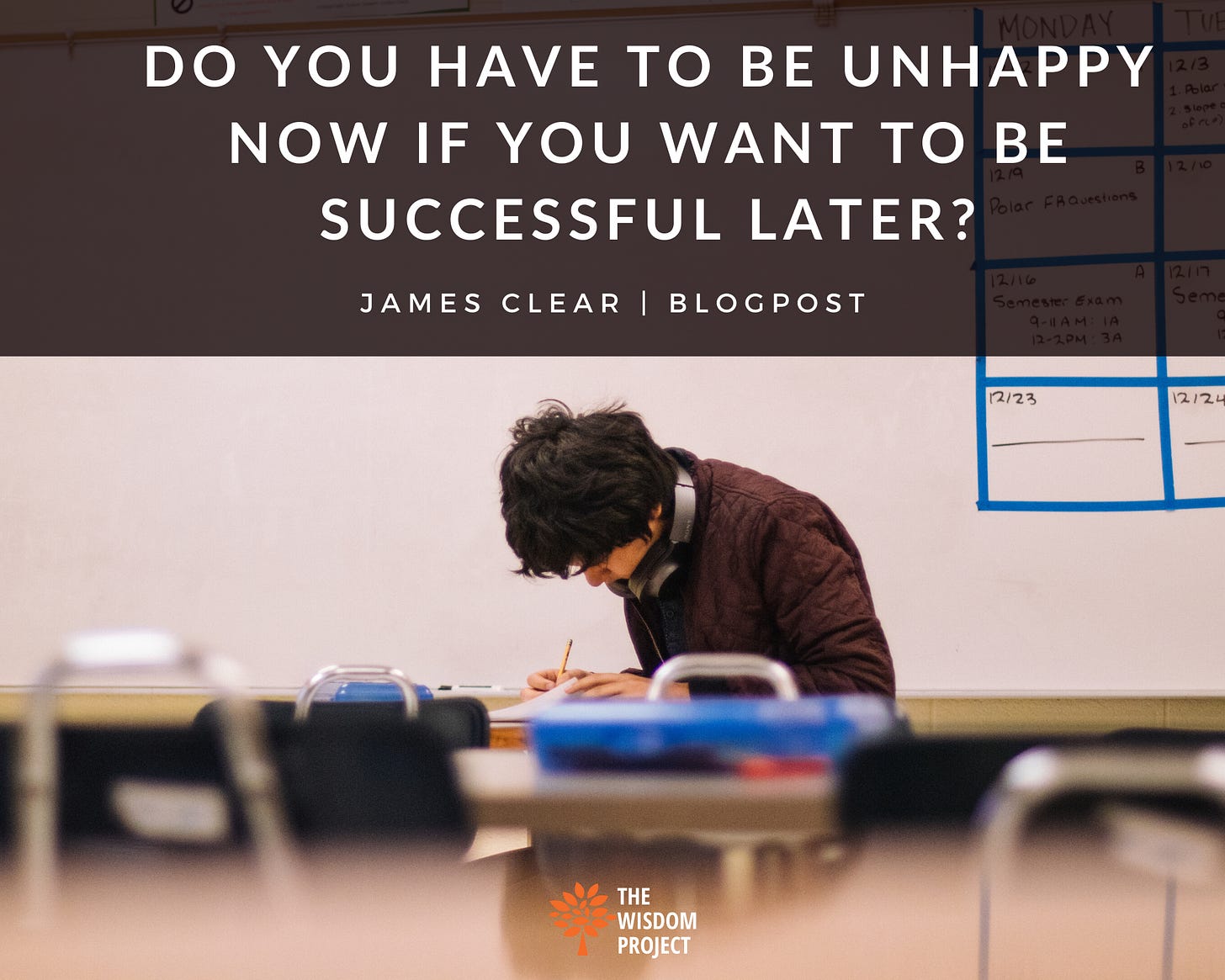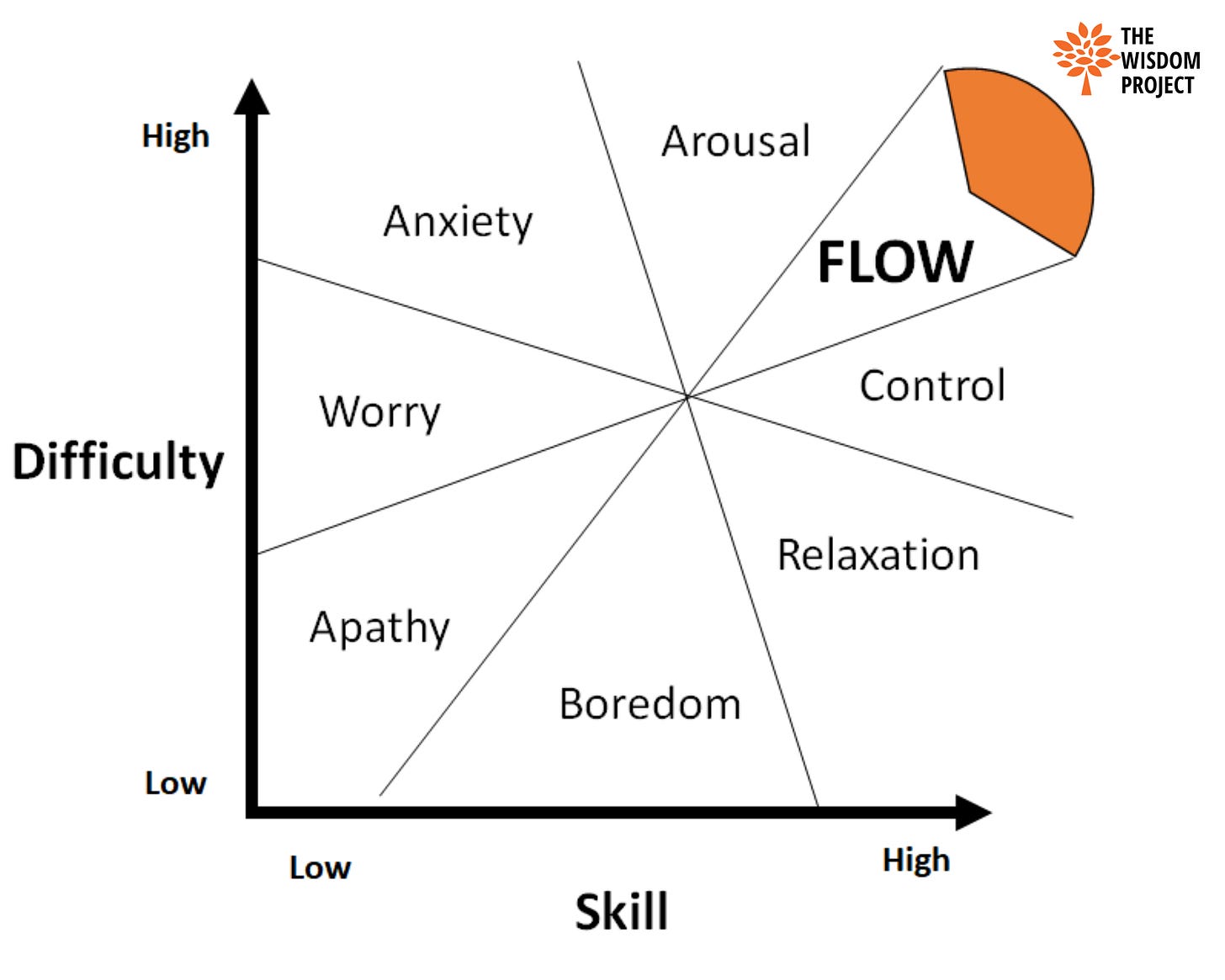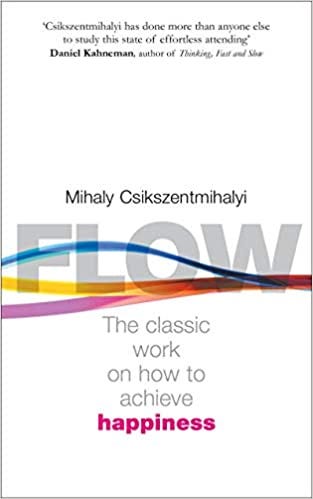
Are you a happy person?
Or
Do you pursue happiness?
In your day to day lives, do you think about how happy you are?
Do you always do the things that make you happy? Is it even possible to think like that?
And if not, then how do you decide what to do, how do you decide something is worth investing your time in?
Do you strive for pleasure, power, money or fame? and does the achievement of those goals translates to happiness? Or do you look for a sense of purpose and meaning in your day to day activities, and derive happiness from there?
Is the pursuit of happiness different from the pursuit of all other ambitions?
Is there a specific path to follow to achieve happiness?
Is it even a goal to be achieved?
Some people say happiness is just a state of mind, some say its a muscle that can get stronger with practice.
Happiness is also formulated as the mathematical difference between our reality and our expectations. You might have seen this elsewhere—
Happiness = Reality - Expectations
As someone said—
“Expectations are just resentments in training”
Keep your expectations low enough and you can be happy in any situation.
But is that a way to live?
After all, the human life is a rare gift, and the thrill that our ambitions and expectations provide is an experience worth having. They add immense value to the overall quality of the human experience.
That means, happiness is the ability to strike the right balance between upgrading our reality and downgrading our expectations, without compromising entirely on either.
Yeah right!
That’s a scary definition. And a misguided one as well.
Real life is not as straightforward as a mathematical formula. Internally, its a complex soup of biochemical reactions and externally its this soup interacting with random events that can have enormous or no impact on us in equal probability.
The pursuit of happiness is just one thread in this complex web.
Today on The Wisdom Project, we take a look at what our consumer culture is selling to us in the name of happiness, we re-examine the belief that to “achieve” happiness later in life we must struggle and embrace unhappiness right now.
We also go deep down the theory of “Flow” and stumble upon a framework on how to think about happiness.
Read On.
#1
The Racing Rats
Popular culture feeds into us the idea of happiness as an endless pursuit of pleasure.
It teaches us the eternal desire for faster cars and bigger houses. It puts the onus of happiness on shallow consumption of material possessions.
And on the false belief that by consuming more we are somehow better than the people around us.
To fund this consumption, we must earn more and more money. The desire for more only increases as you run this rat race for longer and longer periods of time.
Steve Cutts describes this rat race brilliantly in this short animation film.
Its a very popular video on YouTube, and even if you have watched it before, its worth re-watching it again just to gain some perspective on life.
Check it out—
Happiness | Steve Cutts
#2
The Happiness Trade Off
Its common belief that to achieve something substantial in life you must give up a lot of your current happiness.
The logic seems to be that once you have achieved your goal then you will be showered with great happiness and it will all be worth it.
That’s a model that has worked out for a lot of people, but what’s been often found is that after achieving a major life goal, people feel deflated and lost.
They have to chase after the next big goal to feel a sense of meaning to their life.
This can get quite overwhelming and exhausting. That is why we always advocate systems vs goals.
James Clear is the author of best selling blockbuster book Atomic Habits. He is also a big proponent of the ‘systems are better than goals philosophy.’
In this article from his blog, he proposes a different formula to sustain prolonged happiness. He calls it “Happy and Driven”.
Its an interesting read and takes down this notion that we must be unhappy in the present to be successful in the future. He says we must love the practice of what we do irrespective of the goals that it helps us achieve.
The happiness that we derive from being driven towards the practice of an art is way more valuable and perennial than tying our happiness down to a huge monolithic infrequent goal.
Checkout the article—
Do You Have to be Unhappy Now if You Want to be Successful Later? | James Clear

#3
The Serious Matter of Happiness
“Desire is the root of all unhappiness. Remove desire and you remove all unhappiness from your life.”
That’s easy for a Buddhist monk or a stoic philosopher to say.
But for us, average human beings, getting rid of desire is not a feasible option. But we can still try to limit desire.
That’s what Lawrence Yeo argues. He’s the author of the blog “More To That”.
In this blog post he talks about the complexity of happiness, and the importance of striking a balance between positive and negative emotions.
He argues that happiness doesn’t lie at either end of the see-saw of positive and negative emotions, rather it lies at the center fulcrum of the see-saw.
Happiness lies in grounded neutrality.
Its a deeply thought provoking post sprinkled with funny illustrations and an irreverent writing style.
Check it out—
Happiness Is a Serious Matter | Lawrence Yeo

#4
Finding Flow
Hungarian-American psychologist Mihaly Csikszentmihalyi studied thousands of high achievers in various fields and came up with his theory of Flow.
Flow is basically a highly productive mental state where we are so engrossed in a task at hand that we forget about everything else in life.
When we are in Flow our mind is so focused on a single task that we don’t have any stray thoughts to distract us. (And that includes hunger pangs and bathroom breaks.)
Even our sense of time tends to fade away.
According to Dr Csikszentmihalyi, that’s the closest we can get to coming up with a definition of happiness that’s universally applicable.
And guess what, its entirely in our control to reach such flow states.
His book titled “Flow: The Psychology of Happiness” argues that our happiness depends entirely on the content of our consciousness. And we can control that content by deliberately involving ourselves in activities that generate higher degrees of flow.
Look at this graph.

Achieving flow state in any activity depends on 2 things:
The difficulty of a task.
The level of our skill in that particular task.
If the task is too difficult compared to our skill, then it can make us anxious. And if the task is too easy then it can lead to boredom.
If the task at hand is just hard enough to challenge our skills, then we are drawn towards it and we feel a great sense of satisfaction in fulfilling it.
Achieving a task which was just out of our reach also increases our level of skill. And now with an enhanced skill level we aspire to fulfill an even more difficult task.
Thus flow, induces a virtuous cycle of challenge and achievement.
I think we have all felt that at some level when we were in school.
Starting with an entirely new topic at the beginning of an academic year, with a mixed feeling of challenge and intrigue. And mastering it by the end of the term, with a sense of achievement and happiness unparalleled.
We see this in other fields too, in areas as diverse as music, to sports to programming, to even writing.
The trick is finding an activity that interests you, challenges you just enough, and improves your skills in tackling that challenge. And doing it repeatedly with increased difficulty levels. (Something which we try to do with this blog every week!)
Here’s a quick tip. Think about what task you spend most of your time on, how does that make you feel. Try to match that feeling in the graph below—

Wherever you are on the graph, now you know where you need to go to achieve happiness. You either need to increase the level of difficulty of your challenges, or the level of your own skill.
Its a brilliantly insightful book written after decades of research, its a must read.
Check it out—
Flow: The psychology of happiness

Here's a short video summary on Youtube
#5
Signing off for the weekend, here’s a quote worth pondering—

The joyful life is an individual creation that cannot be copied from a recipe
—Mihaly Csikszentmihalyi
We are the masters of the content of our consciousness.
We may not be able to control what happens to us, but we can perfectly control how we respond to it, what we think about it.
Each one of us has a unique skill set that pairs perfectly with meeting a unique set of challenges.
The pursuit of finding wholesome happiness lies in matching our skills and our challenges.
Our flow state, our joy, is unique to us, it cannot be copied from a self-help book or from a guru.
We must find it ourselves.
Think about it.
If you liked what you just read, you might like an earlier post we wrote about Happiness—
Happy And How! — Wisdom Letter #16
Update
We are taking a break for the next few weeks to reflect and assess the direction we want to take this project in.
We intend to take such breaks regularly going forward as we have realized that stopping to think and plan adds a great deal of value than running non-stop.
Meanwhile, we will send out an assortment of some of the most loved wisdom letters over the past few months — “Pearls of Wisdom.”
Also, we will be sending out some of our favorite sources of wisdom on the internet. These are creators that we read, watch and listen to the most, people who have had the most impact on the way we think and write.
So watch out for “Tools of Wisdom” in your inbox.
If you’ve received this post from a friend, hit the subscribe button below to receive such Wisdom Letters directly in your inbox next week. It will help you spend your Sundays wisely.
And you can subscribe to The Wisdom Project via WhatsApp also.
Or connect with us on Facebook to get byte sized pieces of wisdom in your feed regularly.
And if you are already a subscriber, please hit the heart icon at the bottom of this post to show us some love.

Wisdom is like love. It spreads when you share it with someone. Tell someone about this post and spread some wisdom :)
This was Wisdom Letter #39. In case you want to revisit any of the previous 38 letters, checkout our entire archive.
And if you’re wondering why we are doing this project, what is the point of it? checkout the intro post, it might make some sense!
Tell us what you liked or disliked about today’s letter. We really appreciate all the responses that we get and are hungry for more.
Hit reply and lets get talking. Or leave a comment.
If you are not sure how to consume all of the content we have shared here, checkout the ‘how-to’ post we wrote —
Ciao
Aditi & Ayush
Disclaimer:
None of the links that we share here are affiliate links. We don’t intend to make money off of your purchases of any books or products that we recommend. These are honest recommendations that have worked for us and we share them without any ulterior motives.

